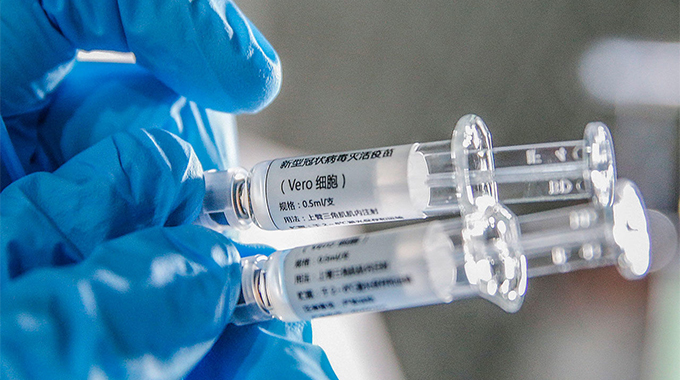Coronavirus vaccines from AstraZeneca, Moderna and Pfizer: What is the difference? –

Alexi Cohan
Coronavirus vaccine candidates from Moderna, Pfizer and AstraZeneca have all recently announced encouraging safety and efficacy data in recent weeks.
These are the differences between each vaccine candidate, with information compiled from the companies, the Centers for Disease Control and Dr. Daniel Kuritzkes, chief of infectious diseases at Brigham and Women’s Hospital.
Moderna:
-mRNA vaccine that encodes a stable form of the spike protein
-Estimated 94.5 percent efficacy
-No serious safety concerns reported
-New and novel platform with many unknowns
AstraZeneca:
-Adenovirus platform made from chimpanzee viral vector
-Estimated average efficacy of 70 percent
-Cheaper and easier to store
-Two different vaccine regimens tested
Pfizer:
-mRNA vaccine that encodes a stable form of the spike protein
-Estimated 95 percent efficacy
-Requires special cold storage not accessible to some
-Formulated differently than Moderna mRNA vaccine
Johnson & Johnson is enrolling participants for its coronavirus vaccine candidate, which is also expected to yield promising results:
-Adenovirus platform made from human viral vector
-Requires just one shot instead of two
-Simple to manufacture
-Same technology used to develop vaccine candidates for Ebola, Zika and HIV. – (Source) bostonherald.com/2020/11/23/coronavirus –








Comments